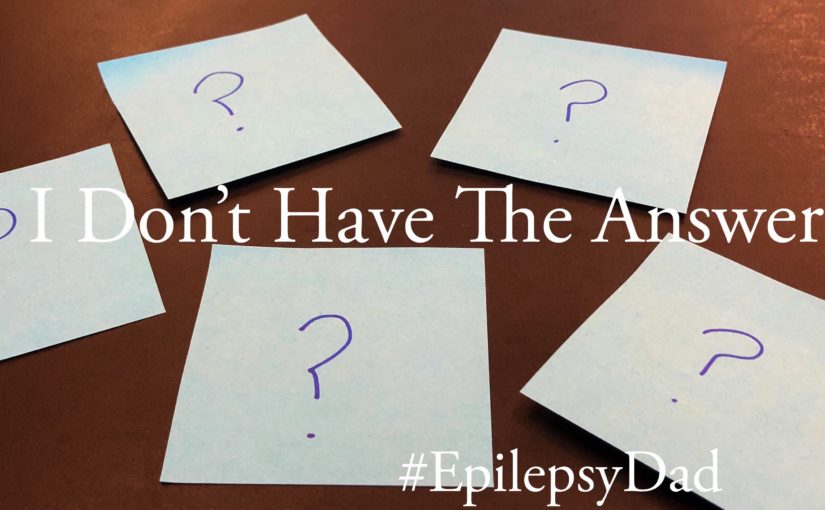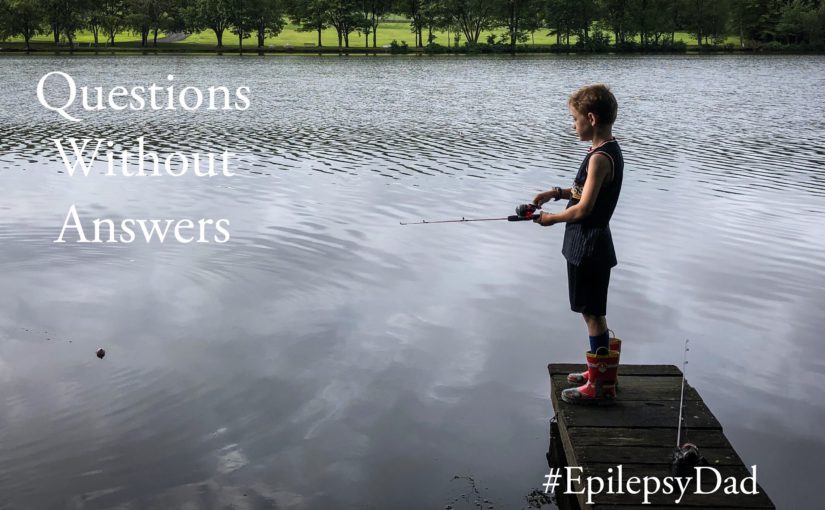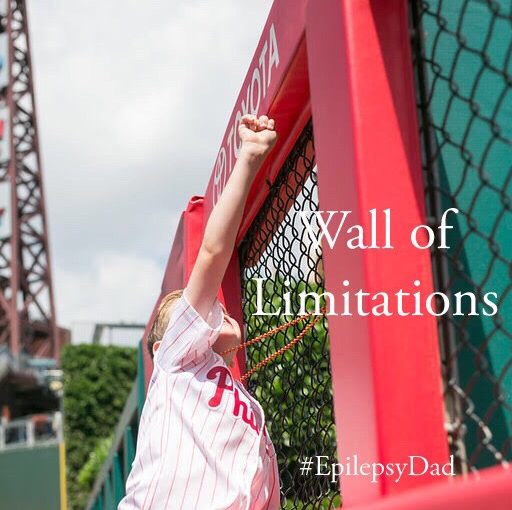Every day, I wake up, head to the computer, and write about my life as the father of an amazing child who has epilepsy. I’ve been doing it for more than three years. But I don’t feel like I have any more answers now than I did when I started.
When I write, it’s from the perspective of a father trying to work out his thoughts and emotions on the page. I am not an expert. Wisdom comes from hindsight but we’re still in the thick of it. And every day I realize more and more of how much I don’t know.
I don’t know how to minimize his pharmaceutical side effects. I don’t know how long he’ll be on the ketogenic diet. I don’t know whether there is something out there we haven’t tried. I don’t know what new medicine or technology is on the horizon that will help. I don’t know how to prepare him for the world with epilepsy. I don’t know what to do to get my son to stop seizing. I don’t know if he ever will.
An expert would have answers. An expert would know what to do. An expert would speak from the perspective of someone who has been through it. They know how the story ends or how the tension resolves. I don’t have any of those things.
But here is what I do know. I know that I love my son more than anything. I know my wife and I are doing everything we can to keep him whole and to give him the best life that we can. I know that I need to be the best man and father for him. I know we need to take each moment as it comes and make the best choice we can with the information that we have. I know we have this moment right now, and I know that nothing else is guaranteed.


